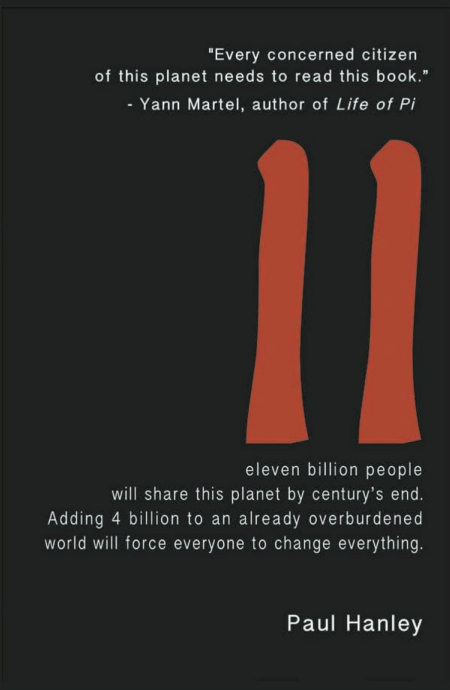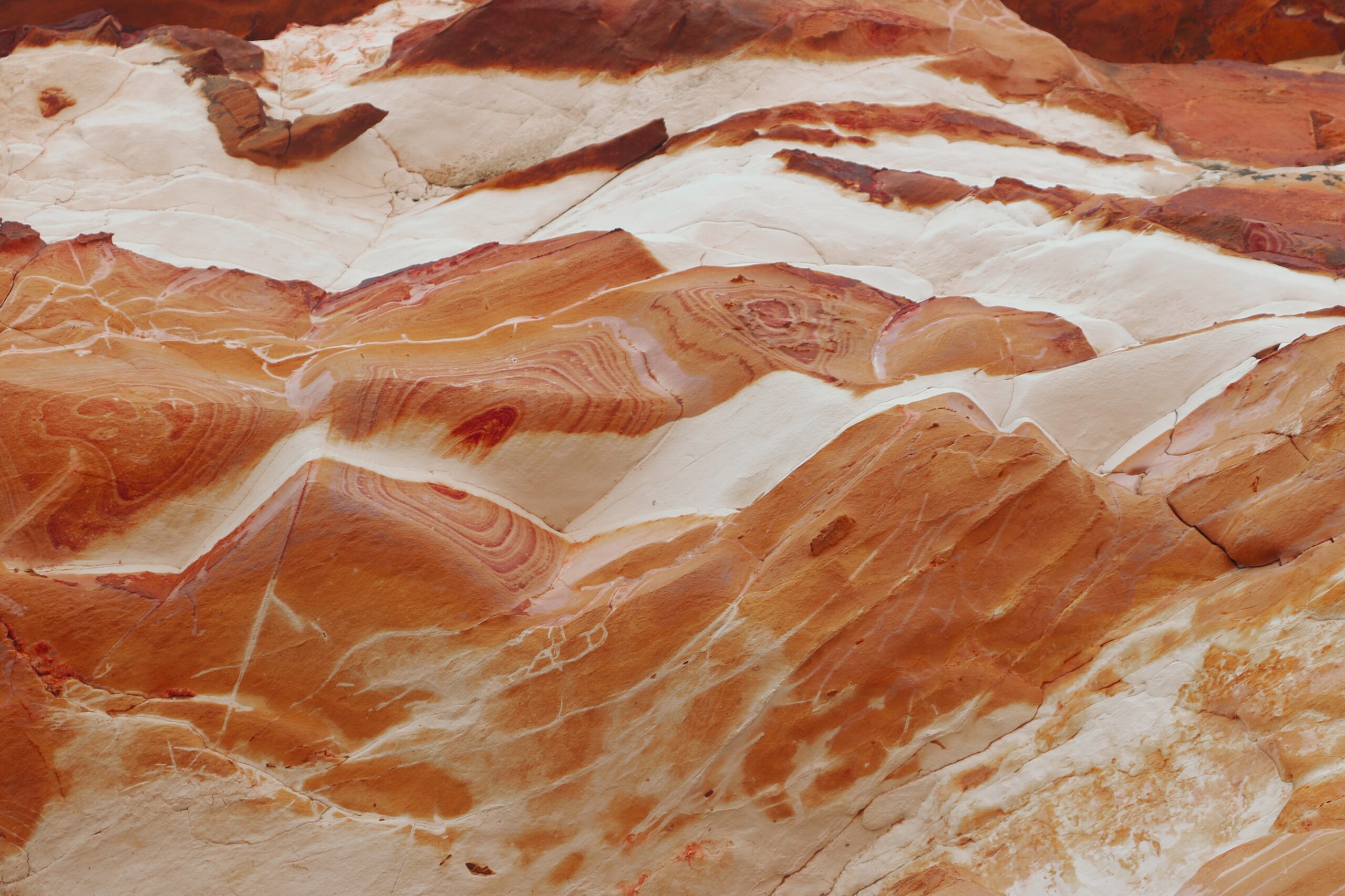Highlighting Australia
- As a proudly Australian initiative, we’re excited to showcase a collection of Australian stories, music, tributes and more.

Join activities, celebrations, study groups, spiritual empowerment and education programs for young people, and more.
Baha’i beliefs address essential spiritual themes for humanity’s collective and individual advancement. Learn more about these and more.


A friend of mine in Australia told me how he had read a book which had such a profound impact on him, and in fact he felt was so important for everyone to read, that he bought dozens of copies of it to give to all of his staff. That book was Eleven, by Paul Hanley.
Critically acclaimed as “the read of our times”1, the author of Life of Pi Yann Martel said “Every concerned citizen of this planet needs to read this book.”.
Paul Hanley’s Eleven “…is an inspired map of the road ahead, drawn in lines of truth we turn our gaze away from every day. More than that, though, this sweeping book makes an audacious but coherent and thoroughly-researched case for the possibility that, by awakening to the reality of what we are doing to the earth and our own souls, we may already be getting ready to walk the road with our ‘better angels of our nature’ fully in charge.”2
I had the fortune of meeting Paul Hanley at the recent 2015 Association for Baha’i Studies Conference in Orange County, California, where he was the recipient of the 2015 Award for Distinguished Scholarship in the Book Category.
Paul Hanley agreed to do an interview with Baha’i Blog:
Well, I thought an enigmatic title like “11” might make people curious and draw their attention. It refers to what I see as one of the critical issues of our era, the fact world population is projected to grow to 11 billion by the end of this century.
I’d been writing about environmental issues since the 1970s. I’d seen population double but also per capita environmental impact skyrocket. We are now at 7.3 billion people, and our ecological footprint is already 160% of Earth’s biocapacity. In other words, it takes the equivalent of 1.6 planets to support us. Even that can’t be sustained, but the population is going up a further 50% and by 2100 our ecological footprint would triple if economic growth continues at the current pace.
Simply put, that can’t happen. So, as Naomi Klein puts it, “This Changes Everything”. The pressures from a rising population and footprint will force us to build a new culture and also a new agriculture. Really, we need to become a new kind of humanity.
So my book analyzes the current situation in depth, but also looks at how we can transform ourselves, en masse.
After writing a number of books and thousands of articles on environmental issues over several decades, I felt I had a fairly comprehensive analysis of the issues and also the root causes of problems.
Of course, many others have similar thoughts and analysis, but what I thought might make a unique contribution is to include some practical ideas about how large-scale transformation of culture can take place.
As a Bahá’í, I was also aware of and involved in the Ruhi Institute, which offers a model of cultural transformation through participatory education. This program, which started in rural Columbia several decades ago, is showing real promise in changing culture in deep ways in places where it has been in place for a number of years and where lots of people get involved. It seemed to me that, among other things, it addresses the excessive materialism that is driving the ecological crisis gripping the world.
It took a year to draw together the analysis, and then about a year of intensive writing and revision to tie it all together.
During the process, one thing that really jumped out at me is the relationship between the human “inscape” and the physical landscape. As a Bahá’í, I was aware of a comment made by Shoghi Effendi, that “Man is organic with the world. His inner life molds the environment.” What I found out is science also supports this.
When you look at the problems, as well as the creative solutions popping up around the world, including the Ruhi programs, you see that everything comes about as a result of the way people think. As Abdu’l-Baha put it, “The reality of man is his thought.”
Geoscientists are calling this the Anthropocene Era. Humanity is now the biggest single influence of the surface of the planet. Given the impact we have, we really have to look at the way we think about the world.
In the book I look at ways our collective thought, and how world views can, quite literally, transform the world. I don’t mean this in some airy-fairy sense; I provide examples of how changing the way we think about the world has lead to deep change, even the ecological regeneration of large regions.
We can feel quite pessimistic about the future of our planet, given all the news. But the idea that our thoughts, our world views, are responsible for humanity’s negative impact on the environment, logically means we can have a positive impact by transforming our thoughts. Solving the big environmental problems may seem impossible, but changing our inscape seems possible.
Cornel West said: “I cannot be an optimist, but I am a prisoner of hope.” In ELEVEN, I make the case that hope for a sustainable, equitable future is realistic.
The response has been positive. The book has received two awards, and I hear people are talking it up. One couple told me they bought 90 copies, which they have given to friends as gifts! I’ve heard of several groups that are studying the book. That kind of response is really encouraging.
For people involved in the Ruhi educational process, or interested in looking into it, think about how the process of reflection, planning, action, reflection can lead us to a new way of thinking, and a new culture that eventually can address the big ideas facing society. Just look at the film Frontiers of Learning (http://www.bahai.org/frontiers/) and you can see how people are laying the foundation for the deep change process we’ll need to make the world work with 11 billion people.
I devote a full section of the book to agriculture because I think agriculture and food can be pivotal to the transformative process. Agriculture is one of the most important ways we interact with the natural world. It is among the biggest contributors to climate change, for example. One thing anyone and everyone can do is start to think about the what they eat, where they get their food, and how it is produced. Look at ways you might be able to start producing some of your own food. Urban agriculture can be an important ingredient in the change process, but it is also something most people can get into, in their yards, on balconies, and community gardens, or by supporting farmer’s markets. Growing food can be a solid service activity for Children’s Classes or Junior Youth Empowerment Programs.
Eleven is available from most online booksellers in all formats, and you can read more about it and purchase a copy of it from the book’s official website: www.elevenbillionpeople.com.
You can also find out more about Eleven and contact the author via these social media sites:
www.facebook.com/paul.hanley.71
www.facebook.com/elevenbillion
twitter.com/pjaphanley
"*" indicates required fields

We recognise their continuing connection to land, waters and community. We pay our respects to Aboriginal and Torres Strait Islander people and their cultures; and to elders both past and present.
The views expressed in our content reflect individual perspectives and do not represent authoritative views of the Baha’i Faith.

Visit the site of the
Australian Baha’i Community
and the Baha’i Faith Worldwide
Notifications
A wonderful, timely article and interview given the recent ABS award for this book. May we suggest that those interested in purchasing a copy may also do so from the Baha’i Distribution Service website, BahaiBookstore.com. Here’s the direct page link: http://bit.ly/elevenbds. Thank you!
BDS (August 8, 2015 at 7:27 PM)
Very important issue about population, food and agriculture among other things. Thank you for getting our attention towards this very important subject.
Marko Sebastiani (March 3, 2017 at 9:56 PM)